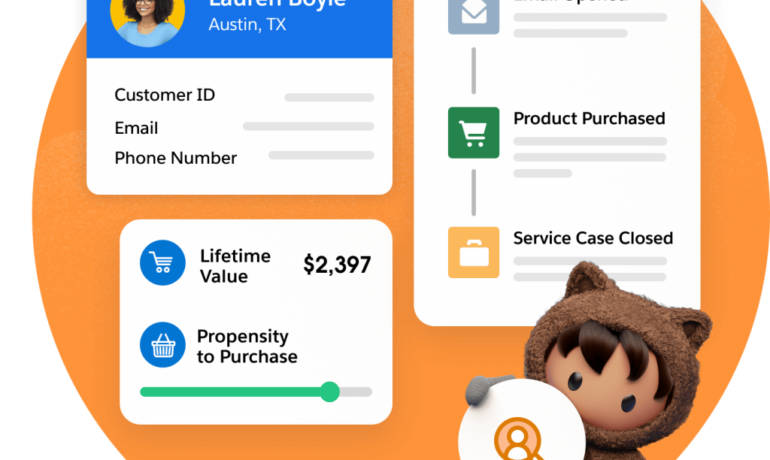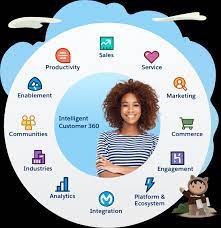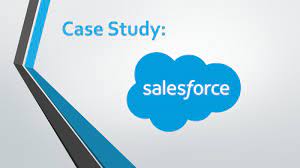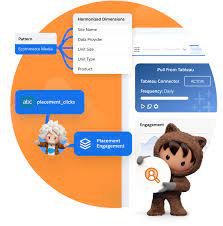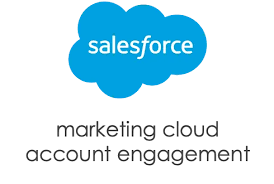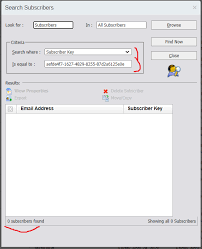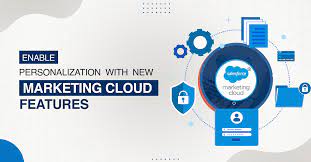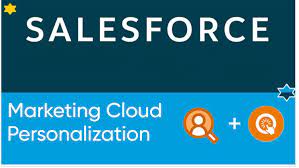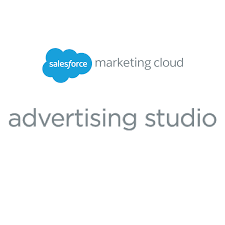Salesforce Public Sector Solutions
Enhance public service efficiency with tailor-made solutions for government operations with Salesforce Public Sector Solutions. Streamline government digital service delivery, leveraging automation and AI for accelerated services. Deploy ready-to-use applications designed for government service, and expand your digital service capabilities with a flexible and scalable cloud platform. Automate workflows to deliver immediate value while preparing for future needs. Customer Experience Place your constituents at the core of your operations. Deliver customer-centric experiences across services and outreach using apps and digital tools crafted specifically for the public sector. Employee Engagement Revamp the employee experience from recruitment to collaboration and personnel action requests. Enable employees to succeed from any location with accessible resources and digital-first tools. IT Innovation Develop, integrate, and deploy government apps aligned with mission objectives. Connect legacy systems securely on a cloud platform, empowering IT teams, system integrators, partners, and program leads to transform technical challenges into opportunities for innovation. Government Health and Human Services Transform your system of record into a system of engagement to manage critical programs effectively. Incorporate apps connecting EHR data, treatment plans, and patient preferences for better long-term outcomes. Salesforce Government Cloud Scale and secure your applications on a compliant government cloud. Leverage commercial CRM capabilities meeting compliance standards like FedRAMP, DoD IL2/4, SOC, and more. Enable stakeholders to access critical information securely on any device, allowing IT to focus on innovation and employees to engage effectively. Empower public sector employees and agents to handle inquiries and provide superior service. A comprehensive view of customer data enables employees to deliver impactful and immediate services. Self-Service Portals and Communities Meet constituent expectations for easy-to-use, self-service experiences. Salesforce community portals enable customers to request services, track status, and collaborate with service providers on their preferred channel. Relationship Management Discover, track, and nurture relationships with employees, customers, and partners. Create a 360-degree view of constituent interactions for relevant communications and exceptional service. Emergency Response Management Prepare for the future with tools to report, track, and coordinate emergency communications. Reimagine emergency response with an agile platform for better response and recovery. License, Permit, and Inspection Management Digitally accelerate every step in the license and permit approval lifecycle. Empower constituents and employees to collaborate effectively and remove application approval bottlenecks. Employee Productivity and Collaboration Focus on creative problem-solving and improving core processes. Automate clerical tasks to reduce paperwork and maximize collaborative capabilities. Outreach and Engagement Reinforce your mission through timely and personalized messages. Use a multichannel marketing platform to engage with constituents and customize their experience. Digital Commerce Capture additional revenue with unified digital commerce channels. Provide a consistent ecommerce experience across web, store, mobile, and social transactions for your government organization. Advanced Analytics Enhance every interaction with customer-centric data and analytics. Examine engagement patterns to improve the experience for both citizens and employees. With improved resolution and service levels, caseworkers and employees can allocate time to other essential programs. Salesforce understands the significance of industry-leading security practices to protect customer data. Our security practices, embedded across technology, programs, and processes, ensure high levels of data integrity, confidentiality, and availability. For over two decades, we have partnered with organizations in highly regulated industries, such as government, financial services, healthcare, and utilities, earning their trust in securing their data. Salesforce Government Cloud Plus, built on AWS GovCloud (US), adheres to security and privacy controls for compliance with FedRAMP High, DoD IL4, and additional frameworks like IRS 1075, NIST SP 800-171, and DoD Privacy Overlays. Security Measures: Salesforce Government Cloud Plus is a dedicated instance of Salesforce’s industry-leading Platform as a Service (PaaS) and Software as a Service (SaaS) multi-tenant public cloud infrastructure. It is specifically isolated for use by U.S. federal, state, and local government customers, U.S. government contractors, and Federally Funded Research and Development Centers (FFRDCs). Hosted on infrastructure provided by Amazon Web Services, Inc. (“AWS”), Salesforce Government Cloud Plus ensures the security and separation of customer data through its innovative multi-tenant database architecture. Multi-tenancy: Salesforce’s multi-tenant database architecture delivers operational and cost efficiencies without compromising the security of each organization’s data. This architecture, coupled with secure logical controls, ensures the separation of customer data. Salesforce Public Sector Solutions: Transform public service delivery with flexible and secure e-government tools that support both online and in-person transactions. Public employees and administrators manage a vast number of transactions daily, enhancing service delivery for constituents. Content updated February 2024. Like1 Related Posts Salesforce Artificial Intelligence Is artificial intelligence integrated into Salesforce? Salesforce Einstein stands as an intelligent layer embedded within the Lightning Platform, bringing robust Read more Salesforce’s Quest for AI for the Masses The software engine, Optimus Prime (not to be confused with the Autobot leader), originated in a basement beneath a West Read more Salesforce Data Studio Data Studio Overview Salesforce Data Studio is Salesforce’s premier solution for audience discovery, data acquisition, and data provisioning, offering access Read more Salesforce Government Cloud: Ensuring Compliance and Security Salesforce Government Cloud public sector solutions offer dedicated instances known as Government Cloud Plus and Government Cloud Plus – Defense. Read more


